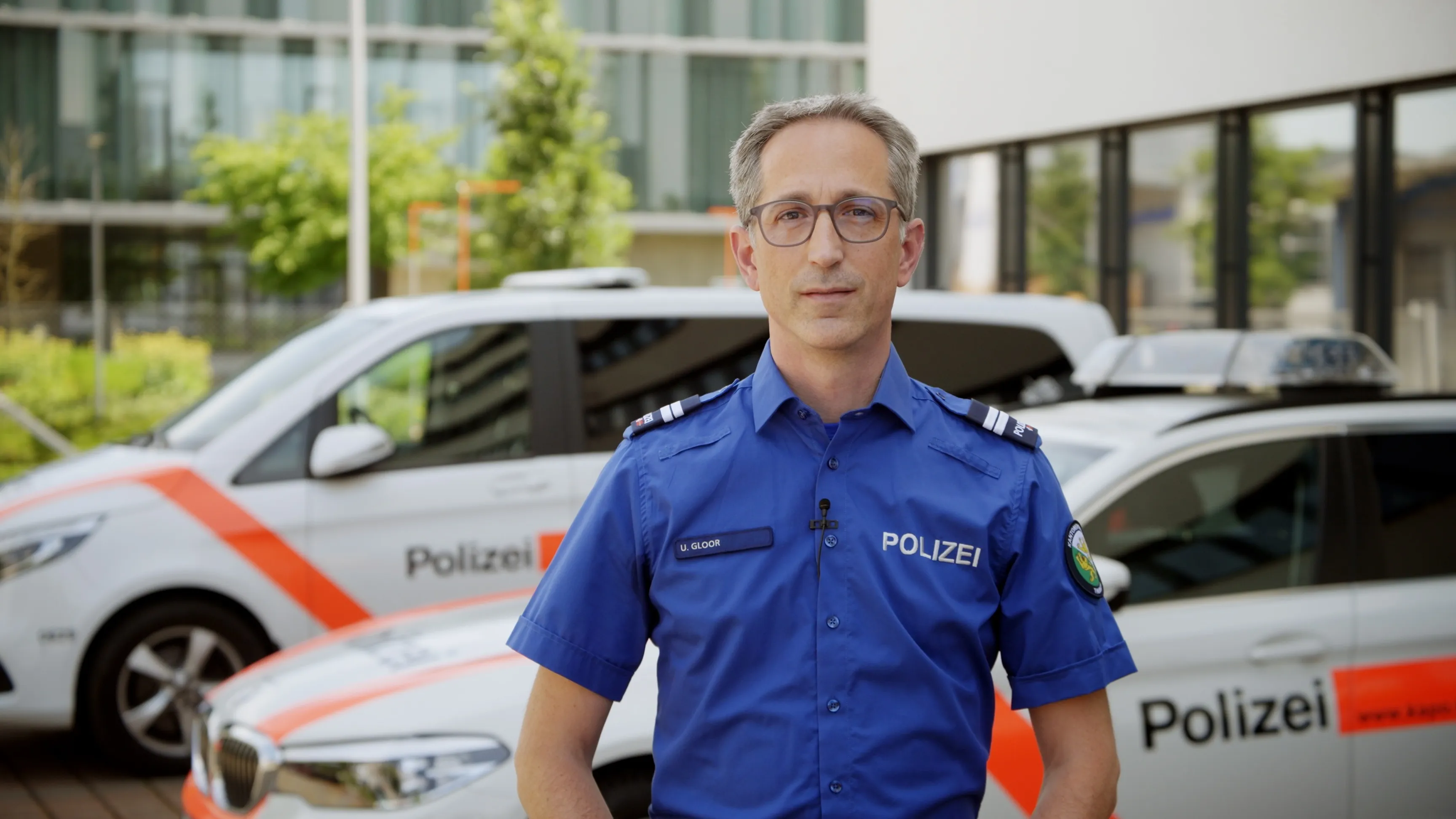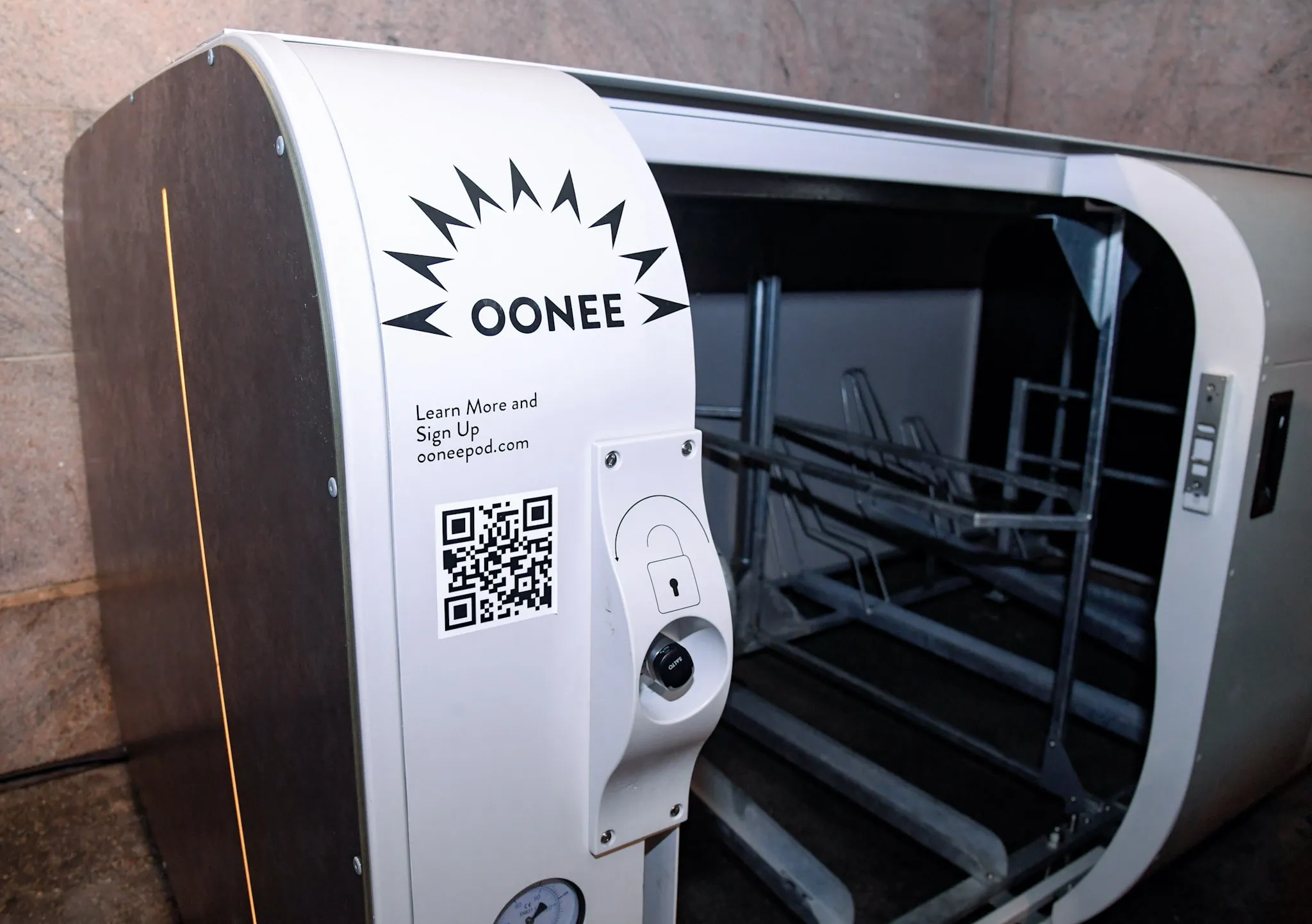From September and following a successful pilot, Vienna’s parking permit will be replaced by Schreiner PrinTrust’s RFID electronic parking permit.
Developed by Schreiner PrinTrust in collaboration with city officials, the new RFID parking permit for on-street parking, the new tag is attached to the vehicle’s windscreen. It has an embedded driver identification number and can be valid for multiple permits and used in different districts of the city.
Parking inspectors check the permits using handheld R
August 25, 2016
Read time: 1 min
From September and following a successful pilot, Vienna’s parking permit will be replaced by 8389 Schreiner PrinTrust’s RFID electronic parking permit.
Developed by Schreiner PrinTrust in collaboration with city officials, the new RFID parking permit for on-street parking, the new tag is attached to the vehicle’s windscreen. It has an embedded driver identification number and can be valid for multiple permits and used in different districts of the city.
Parking inspectors check the permits using handheld RFID readers from a distance of a few metres. The number is then automatically matched with a database in which only the vehicle licence number, type of vehicle, scope of application and period of validity are stored.
Developed by Schreiner PrinTrust in collaboration with city officials, the new RFID parking permit for on-street parking, the new tag is attached to the vehicle’s windscreen. It has an embedded driver identification number and can be valid for multiple permits and used in different districts of the city.
Parking inspectors check the permits using handheld RFID readers from a distance of a few metres. The number is then automatically matched with a database in which only the vehicle licence number, type of vehicle, scope of application and period of validity are stored.









